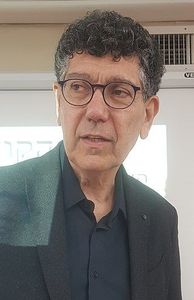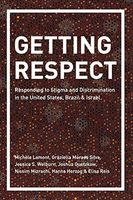
Nissim Mizrachi
About
Nissim Mizrachi
is an Israeli sociologist. Mizrachi is a full professor in the Department of Sociology and Anthropology at Tel Aviv University and a senior research fellow and the head of the “Challenge of Shared Life” Cluster at the Van Leer Jerusalem Institute. His primary research themes are the sociology of knowledge, medicine, culture, social boundaries, moral identity, liberalism, ethnic studies, and stigma. Mizrachi is best known as a leading figure in promoting the post-liberal turn in contemporary critical discourse in Israel. This approach seeks to liberate current research from the constraints of what he calls the "liberal grammar" of critical discourse. This entails a deliberate effort to extricate the research perspective from the liberal-progressive stance that has become the default position for understanding and reforming society. This shift does not imply opposition to principles such as freedom and equality on a normative level. Instead, it involves expanding the interpretative space beyond the confines of liberal-progressive thinking. In his latest book, Mizrachi argues that to understand the so-called paradoxical behavior—the resistance of minority and marginalized groups to principles of equality and freedom from which they are more likely to benefit—it is essential to acknowledge a deep-seated need for belonging. Recognizing this sense of rootedness, which reflects the intrinsic desire for connection, is vital for grasping the conditions under which liberal values such as equality and freedom can thrive. He asserts that taking rootedness seriously is crucial for opening new avenues to preserve democracy in a landscape of profound diversity.


